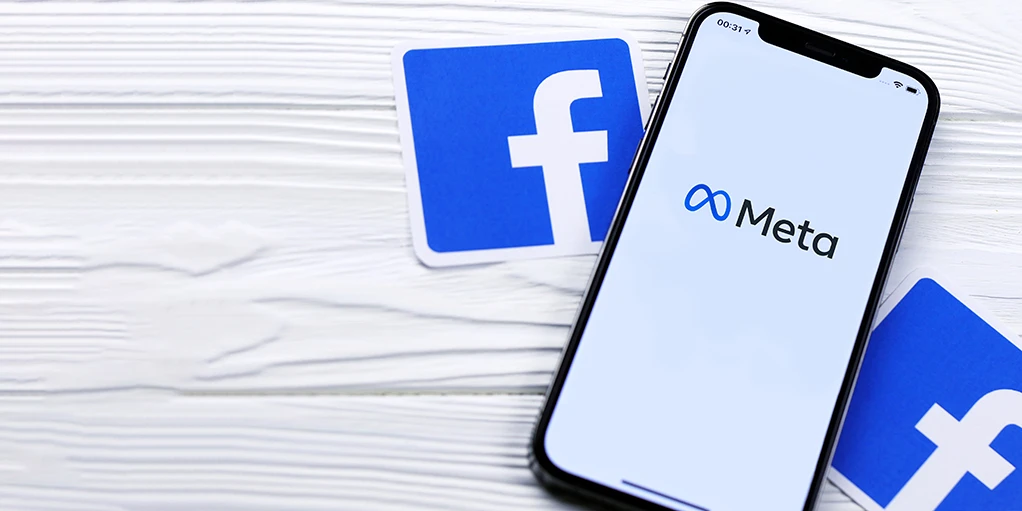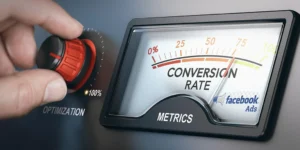In the vast realm of social media, Facebook stands as a colossus, connecting billions of users around the globe. As marketers, unlocking the secrets of user engagement on this platform is akin to wielding a powerful key. It’s not just about the content you share; it’s about understanding the intricate dance of emotions and cognition that governs user interaction. In this exploration, we delve into the psychology of engagement on Facebook, uncovering the emotional triggers and cognitive factors that play pivotal roles in shaping user responses.
Emotional Triggers: Unveiling the Heart of Engagement
- The Power of Relatability: Human beings crave connection. Content that resonates personally triggers a sense of relatability, fostering a stronger emotional bond between the audience and the brand. Share stories, experiences, and moments your audience can identify with to create an emotional connection.
- Eliciting Positive Emotions: Positive emotions, such as joy, surprise, and inspiration, are powerful drivers of engagement. Craft content that uplifts and inspires, whether through heartwarming stories, motivational quotes, or visually appealing images. Users are more likely to engage when content evokes positive feelings.
- FOMO (Fear of Missing Out): The fear of missing out is a psychological phenomenon that fuels engagement. Utilize scarcity, exclusivity, and urgency in your posts to trigger FOMO. Whether it’s limited-time offers, exclusive access, or behind-the-scenes glimpses, exclusivity can spark heightened engagement.
Cognitive Factors: Navigating the Mindscape of Your Audience
- Attention Spans and Visual Appeal: In a world of information overload, capturing and holding attention is a precious commodity. Visual content is a potent tool; it processes faster in the brain and is more likely to be shared. Invest in visually appealing images and videos to grab attention and convey messages efficiently.
- Cognitive Ease: Users are more likely to engage with content that is easy to process. Simplify your message, use clear language, and break down complex ideas into digestible chunks. Cognitive ease enhances understanding and encourages users to engage with your content.
- Social Proof and Influencer Impact: The power of social proof is deeply ingrained in human psychology. Showcase positive interactions, testimonials, and user-generated content to build credibility and trust. Additionally, consider collaborating with influencers whose impact can influence cognitive processes and drive engagement through association.
Strategies for Maximizing Engagement
- Interactive Content: Leverage the psychology of participation by incorporating interactive content. Polls, quizzes, and surveys invite users to engage actively, providing a sense of involvement and personal investment in the content.
- Consistency and Familiarity: The brain seeks patterns and familiarity. Establish a consistent posting schedule and maintain a cohesive brand identity. Familiarity breeds trust, and users are likelier to engage with content from sources they recognize and trust.
- Emotional Intelligence in Responses: When engaging with your audience, demonstrate emotional intelligence. Respond thoughtfully to comments and messages, acknowledging both positive and negative feedback. This human touch builds a sense of community and reinforces positive emotions associated with your brand.
Conclusion: Nurturing Meaningful Connections
In the ever-evolving landscape of social media, understanding the psychology of engagement on Facebook is an ongoing journey. By tapping into emotional triggers and cognitive factors, marketers can create content that captures attention and forges lasting connections with their audience. Remember, it’s not just about the likes and shares; it’s about crafting an experience that resonates deeply with the hearts and minds of your audience.
To know more about Post Engagement Ads, Please visit https://paypercampaign.com/social-media-marketing/





